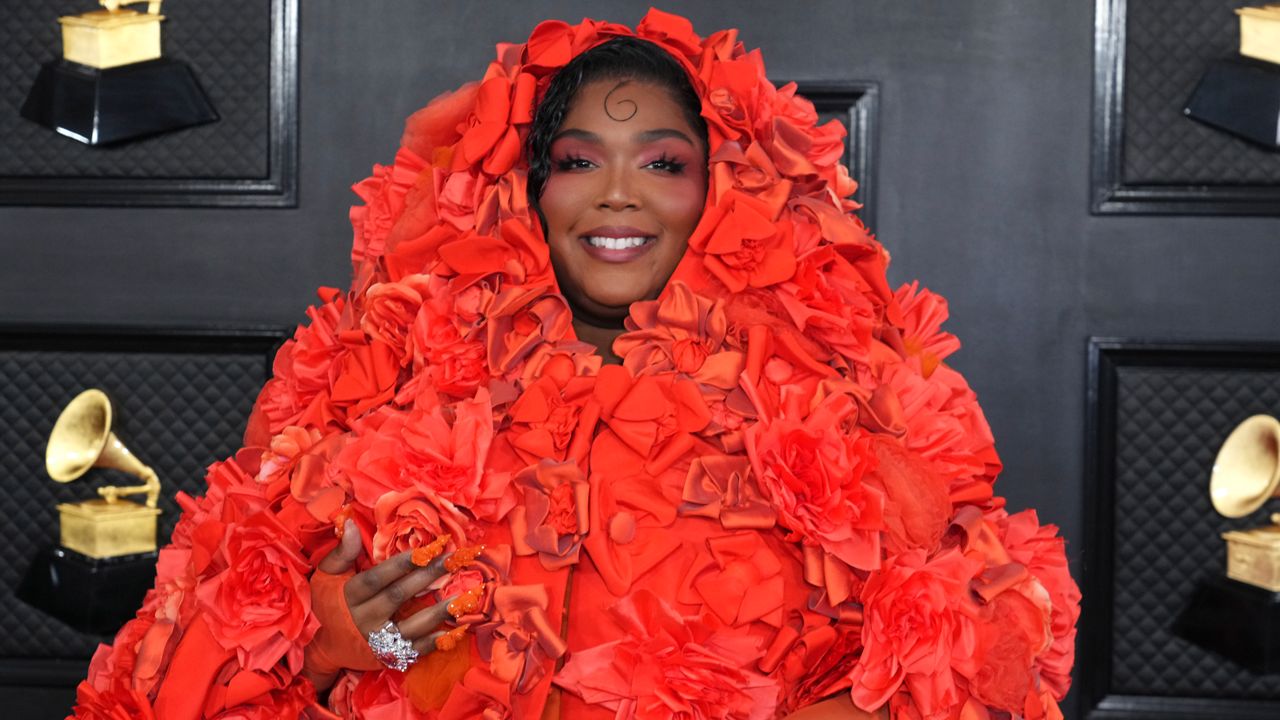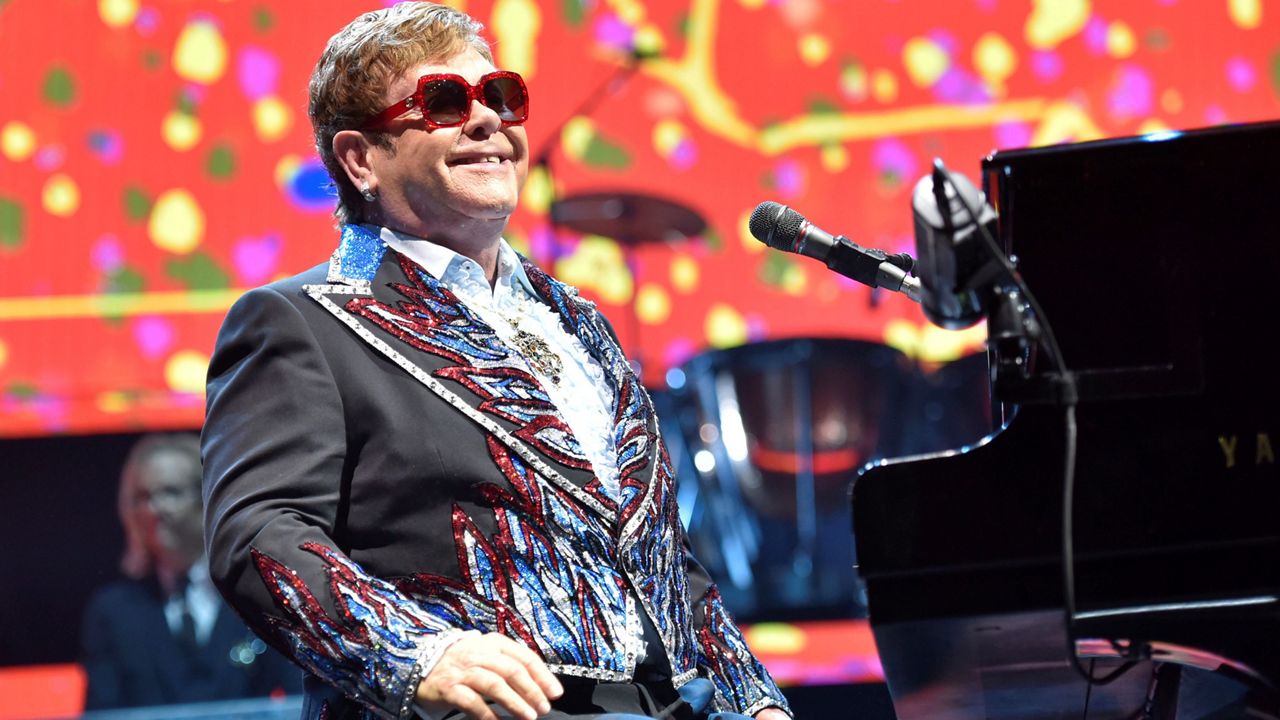Johnny Cash walked the line all the way to the U.S. Capitol’s National Statuary Hall.
The Capitol unveiled a statue Tuesday of the “Man in Black,” making Cash the first professional musician ever to be depicted upon the 100 monuments there.
What You Need To Know
- The Capitol unveiled a statue Tuesday of Johnny Cash, making him the first professional musician ever to be depicted upon the 100 monuments there
- The Arkansas state Legislature passed a bill in 2019, signed by then-Gov. Asa Hutchinson, to replace the state’s two existing statues at the Capitol with sculptures of Cash and civil rights icon Daisy Bates, whose depiction was installed in May
- Cash was born in Kingsland, Arkansas, and grew up working on his family’s farm in Dyess, Arkansas; he died in 2003 at age 73
- The 8-foot bronze statue depicts the “Ring of Fire” and “Folsom Prison Blues” singer with slicked-back hair, his head bowed, a guitar strapped to his back and a Bible in his right hand
“Johnny Cash is the perfect person to be honored in that way,” said House Speaker Mike Johnson, R-La. “He was a man who embodied the American spirit in a way that few could. He was an everyday man.
“Americans related to Johnny Cash, so families across the country invited him into their homes through their radios and their record players,” Johnson added.
The Arkansas state Legislature passed a bill in 2019, signed by then-Gov. Asa Hutchinson, to replace the state’s two existing statues at the Capitol with sculptures of Cash and civil rights icon Daisy Bates, whose depiction was installed in May. The previous statues were of little-known figures from the 18th and 19th centuries and had stood for more than 100 years.
Cash was born in Kingsland, Arkansas, and grew up working on his family’s farm in Dyess, Arkansas, about 45 minutes north of Memphis near the Mississippi River, during the Great Depression. He died in 2003 at age 73.
The 8-foot bronze statue depicts the “Ring of Fire” and “Folsom Prison Blues” singer with slicked-back hair, his head bowed, a guitar strapped to his back and a Bible in his right hand. It was sculpted by Little Rock artist Kevin Kresse.
“You see this statue, and you know this is no one else but Johnny Cash,” Cash’s daughter Rosanne Cash said.
Johnny Cash’s younger sister Joanne attended the ceremony. Now blind, she took a moment to feel the lower part of the monument after it was unveiled.
“I'm very careful not to put words in his mouth since his passing,” Rosanne Cash said. “But on this day, I can safely say, that he would feel that of all the many honors and accolades he received in his lifetime, this is the ultimate.”
House Minority Leader Hakeem Jeffries, D-N.Y., said Johnny Cash “had a magnetic quality that resonated with working people all throughout America.”
He noted that Johnny Cash’s music reached into multiple genres — country, blues, rock and gospel.
“What a life, what a legend, what a legacy,” Jeffries said. “Johnny Cash was a man of resilience and American exceptionalism. He was a true American patriot. Johnny Cash's story is an American story, and this statue will forever cement his incredible, consequential place in the American Journey.”
The speakers described Johnny Cash, who battled addiction, as a flawed but compassionate and generous man.
Arkansas Gov. Sarah Huckabee Sanders said he “was open about the struggles and the triumphs in his life.”
“He was a hymn-singing Christian, but there were also times when he wrote that he felt like a walking vision of death,” she said. “But that didn't contradict his image. It was his image.”
Rosanne Cash said her father was passionate about working for the rights of prisoners, Native Americans, poor children and “all those who struggled and whose prospects were dim.”
Johnson said more than 100 members of Johnny Cash’s family attended Tuesday’s ceremony. The House speaker revealed that he was among them — to a degree.
“My staff ran a genealogy report, and in technical terms … I am the half fifth cousin, four times removed of Johnny Cash,” Johnson said.
“It's a true story. My great, great grandmother, Lizzie, was a Cash, and that counts. So I'm really, really proud to be among the family today,” he said to laughs.







